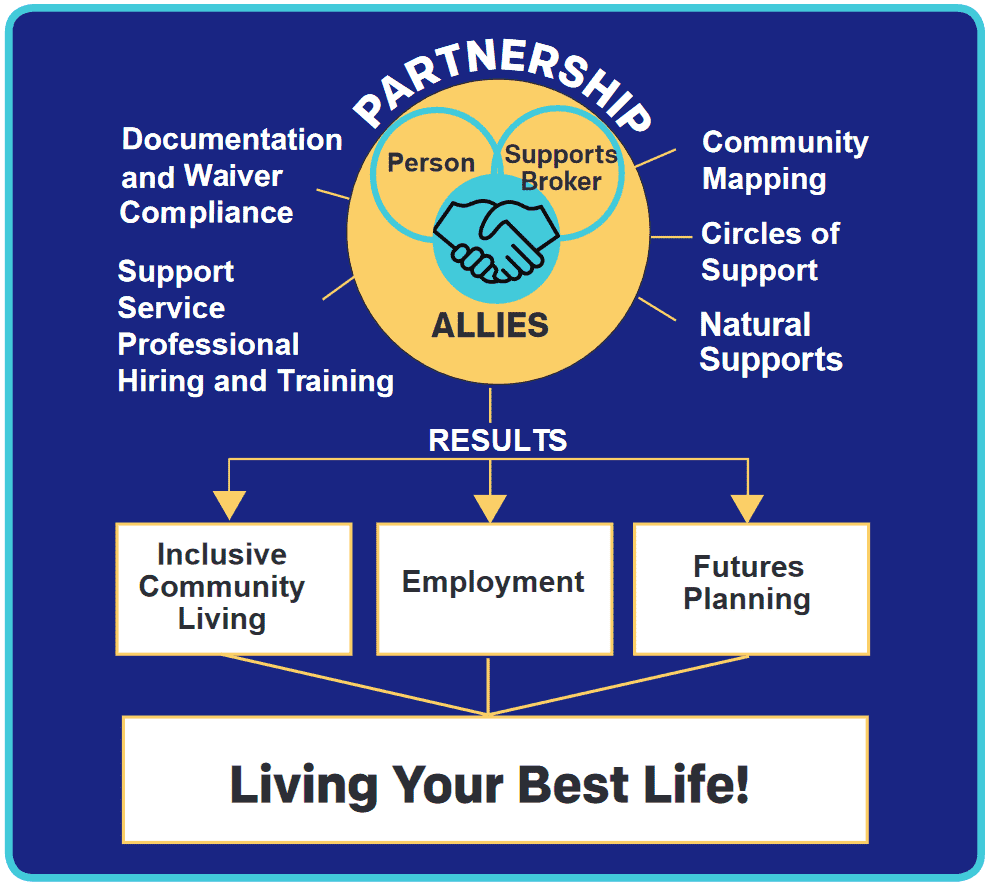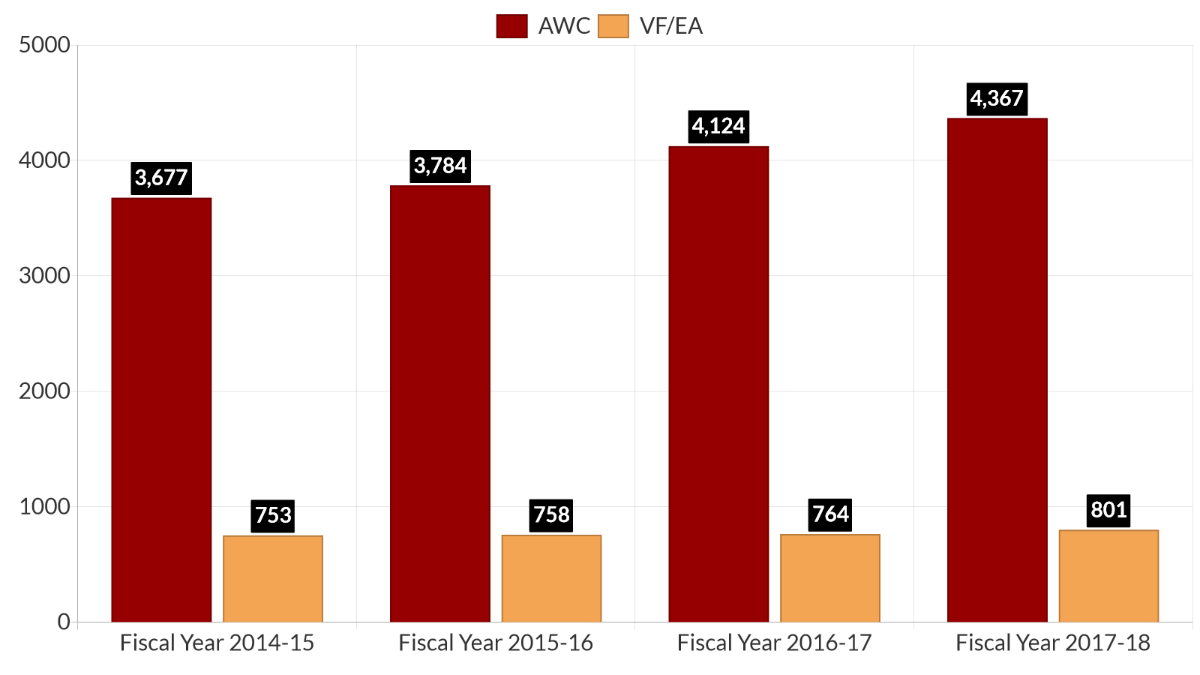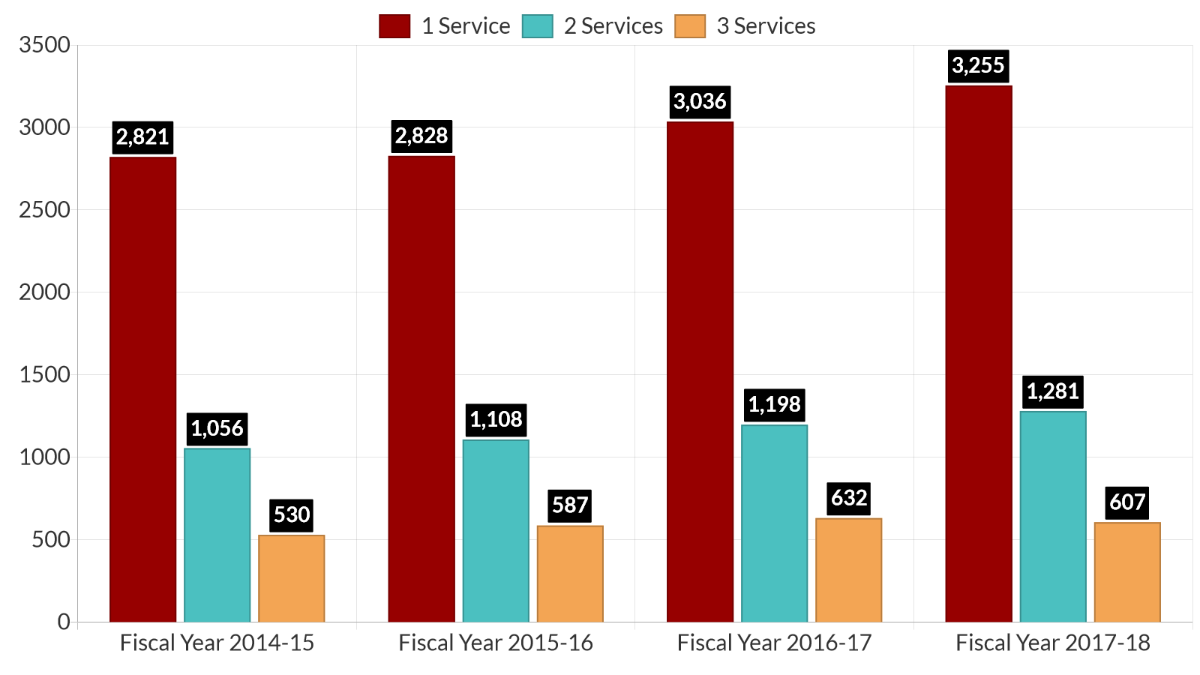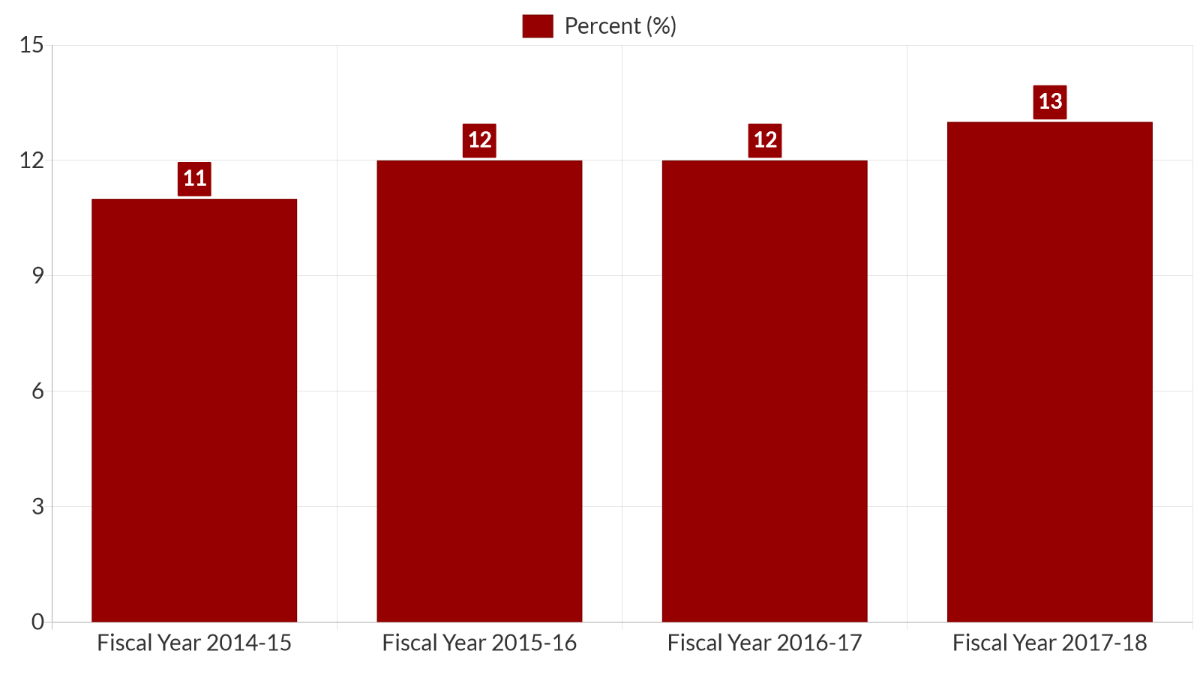The Power to Choose Community: Participant-Directed Services and the Role of Supports Brokers in Creating Inclusive Communities
Authors: Jamie Ray-Leonetti, Institute on Disabilities at Temple University; and Javier Salazar and Marian Frattarola-Saulino, Values Into Action
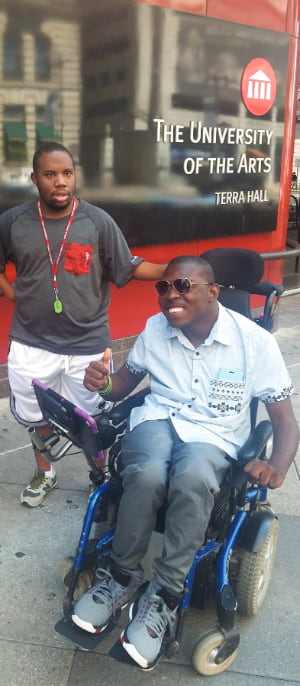
What is Participant-Directed Services?
Participant-Directed Services are home and community-based services that help people of all ages across all types of disabilities maintain their independence and determine for themselves what mix of personal assistance supports and services work best for them. Participant-directed services are sometimes referred to as consumer-directed or self-directed services.1
How Does Participant Direction Work in Pennsylvania?
Participant Direction, also known as self-direction, means that the participant or their surrogate (representative) has decided to become a Common Law Employer or a Managing Employer. To do this, you must use a Financial Management Service (FMS) Organization or Agency with Choice (AWC). When you become the Common Law Employer or Managing Employer you are able to make decisions about some or all of the supports and services authorized in your person-centered Individual Support Plan (ISP).
Aligning with principles of self-determination, Person Driven Services and Supports provide a model whereby people with disabilities have more control over where, when, how, and by whom their supports are provided.

